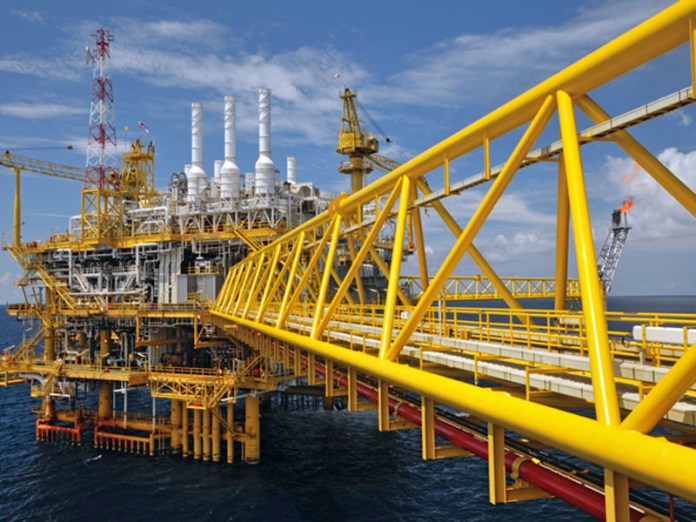
The government has started the process of developing a comprehensive policy to regulate and protect jobs for Ghanaians in the upstream petroleum sector.
Inputs are currently being collected from industry stakeholders towards the development of the policy instrument to localise jobs for Ghanaians in the sector for a long term.
The policy, which is being championed by the Ministry of Energy (MoE) in partnership with the Petroleum Commission, is expected to serve as a blueprint to improve indigenous participation and value optimisation from hydrocarbons and mineral resources.
A Deputy Minister of Energy, Herbert Krapa, in an interview with the media at the 2023 Upstream Job Role Localisation Conference in Accra , stated that the policy, when completed, would, among other things, ensure training, capacity-building and create opportunities for Ghanaians.
“The Petroleum Commission is working with the MoE on a policy on how many more Ghanaians can benefit from opportunities in the upstream petroleum sector,” he said.
The conference
The conference, organised by the Petroleum Commission, was on the theme: “Utilising trained Ghanaian technicians to achieve job role localisation in the upstream petroleum sector”.
It was meant to brainstorm the proposed upstream human resource localisation policy and how to develop the skills and competencies of Ghanaians to take over from expatriates.
Participants included policymakers, captains of industry, international oil and gas companies and service providers.
Mr Krapa stated that it was unacceptable that after more than 10 years of oil production, expatriates should continue to hold most of the technical and managerial roles in the petroleum sector.
He explained that successive governments had made significant efforts to ensure that the country’s petroleum resources translated into wealth for Ghanaians.
As a result, the Deputy Energy Minister said job and role localisation was one of the key target areas for the indigenisation of the wealth from the oil and gas resources.
“Hence, the government has, over the years, provided the needed support to the Petroleum Commission to ensure that the capacity-building efforts produce the needed results,” Mr Krapa said.
The deputy minister expressed optimism that stakeholders at the conference would make recommendations that would inform policies and strategies needed to transform capacity-building efforts in the upstream petroleum sector.
Sector workforce
The Ag. Director in charge of Localisation of the Petroleum Commission, Sarah Quayson Danquah, indicated hat nearly 3,760 Ghanaians of the 4,147 workforce had been employed in the upstream petroleum sector.
She said the Ghanaian workers were made up of 3,088 males and 671 females, had varied technical expertise, including engineering, welding and fabrication, production operators, mechanics and instrumentation.
The acting director said the commission, in 2022, sponsored 150 technicians at the cost of GH¢4 million to enhance their technical expertise at the Takoradi Technical University under the government’s Accelerated Oil and Gas Capacity Building (AOGC) Programme.
The commission also sponsored nine instructors selected from the Cape Coast, Ho and Tamale Technical universities to undergo a ‘Trainer-of-Trainers’ programme in Canada to improve their skills, while 10 instructors would go to Singapore this year.
Build capacity
The Chief Executive Officer (CEO) of the Petroleum Commission, Egbert Faibille Jr, stated that a country’s greatest asset was its human resources and it was imperative to build the capacity and competencies of the workforce to enable it to achieve its development goals.
He called on academic institutions in the country to secure the needed competences that would enable them to train skilled professionals to take over opportunities in the petroleum sector.
SOUURCE:https://www.businessghana.com/
